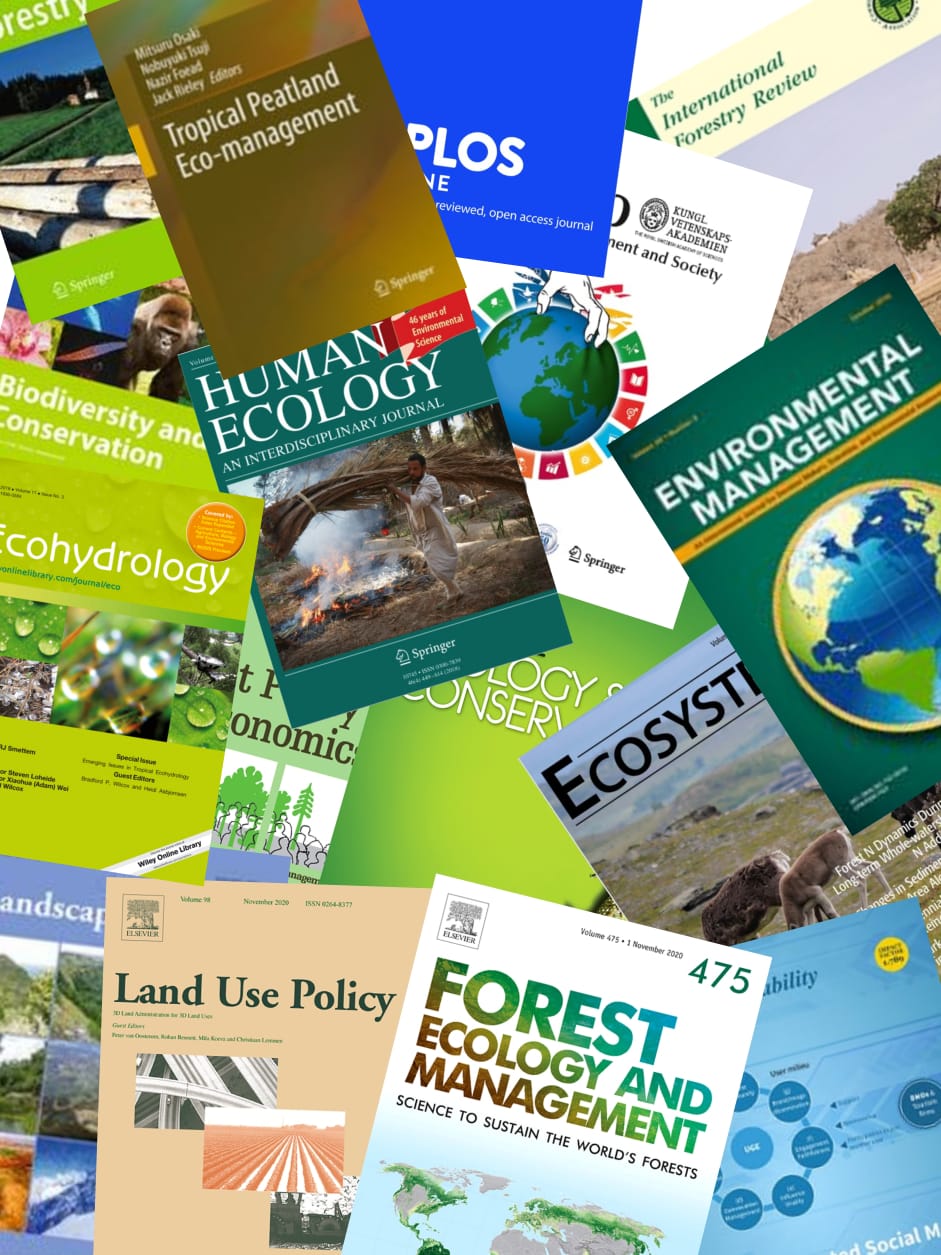Transboundary haze pollution is an almost annual occurrence in Southeast Asia. Haze originates from peat and forest fires mostly in Indonesia, with Malaysia and Singapore suffering the worst of its effects. Most of these fires are man-made and linked to land-clearing activities of local and foreign commercial oil palm plantations. The regional nature of the haze has resulted in a concentration of haze mitigation activities at the Association of Southeast Asian Nations (ASEAN) level. However, these initiatives continually fail to effectively mitigate haze. This article argues that this failure is due to the influence of patronage politics in the sector, which is linked to the ASEAN style of regional engagement that prioritises the maintenance of national sovereignty. States are compelled to act in their national interests, as opposed to the collective regional interests. The economic importance of the oil palm sector to the states involved, coupled with the political importance of the clients populating this sector to elite patrons in the governments, meant that the maintenance of the status quo, where clients could continue to clear land using fire, was of crucial national interest. Therefore, the ASEAN style of regional engagement has enabled political elites to shape ASEAN initiatives to preserve the interests of their clients, while the public continue to suffer the haze. This article demonstrates this through a close analysis of the negotiations, outcomes and the implementation of the ASEAN Agreement on transboundary haze pollution, with a special focus on Indonesia's decision to withhold ratification of the treaty. © 2013 Springer Science+Business Media Dordrecht.
View source

